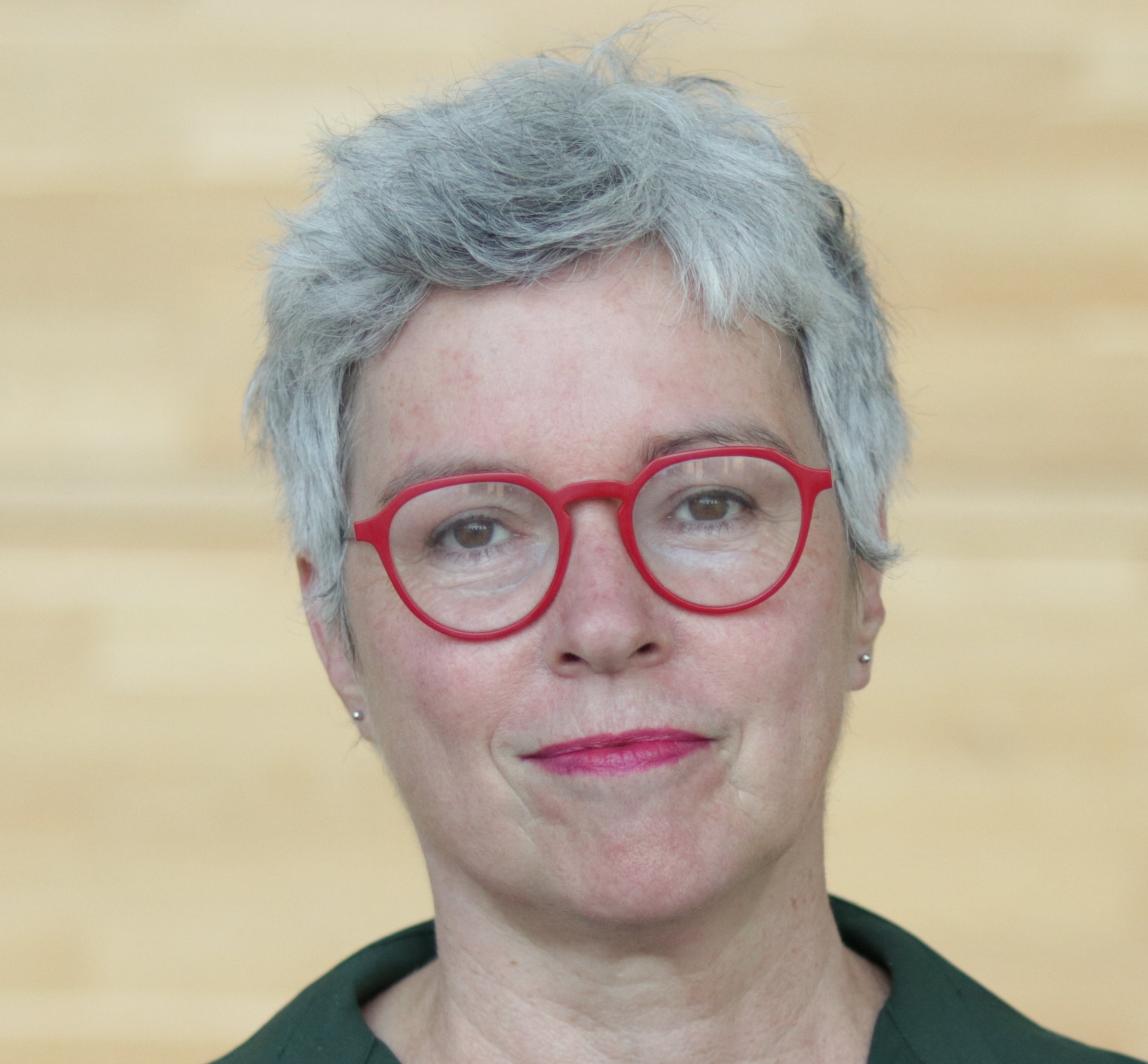)
‘What’s your 10 minutes of Britney Spears?’ The key to a flourishing life
A Capability Approach highlights the importance of people being able to do the things they value. This can be key to improving wellbeing but is rarely used in social care. Many people with learning disabilities lack friendships, fewer than 6% have jobs and life expectancy is lower than average. Here Sara Ryan, Manchester Metropolitan University, explains how her project explored how they can be supported to lead flourishing lives.
The Flourishing Lives project began as a labour of love around five years ago. I thought I had the brilliant idea that using Sen’s Capability Approach in a research project about the lives of people with learning disabilities could shift the inertia that characterises so much research in this area. I found out a few months ago that Kelley Johnson and Jan Walmsley suggested this in their 2010 text People with Intellectual Disabilities which I’d read, absorbed the idea and left it dormant until refashioning it as my own. At the heart of this approach is the idea that the key to wellbeing is having the opportunities to do the things we really love doing. What we actually do is less important than the opportunities or freedoms open to us.
Confidence, belonging, and thinking ahead
The project had an advisory group of people with learning disabilities and family carers who provided critical oversight and ideas throughout. This included having an easy read overview slide at the start of each meeting to remind members what the project was about and what stage it was at. We introduced audio-recorded minutes and held individual meetings with people to make sure everyone was listened to and able to contribute.
We then held interviews and focus groups with 50 people with learning disabilities and 28 family carers. Our analysis generated three key themes: confidence, belonging and thinking ahead. We also found that it is important to support people to try new things, thereby potentially increasing their potential opportunities. If someone chooses not to do something they love one day it should not be removed as a potential activity, and it is important to recognise what people contribute. That is, things that may not be considered contributions such as having a cheering smile or sitting next to someone who seems low.
An online learning community, facilitated by Paradigm’s Sally Warren and Michelle McDermott, a woman with a learning disability, was held with support workers, managers, people with learning disabilities and family carers. The six two-hour workshops were repeated three times to allow people to attend. The workshops were structured to focus on the three key themes. We talked about these areas in our own lives before thinking about the lives of those participants supported. Each workshop ended with participants pledging to try something different in the six-week gap between meetings. A drop– in ‘tea and chat’ session was held mid-point between meetings to enable participants to keep in touch.
Introducing the Capability Approach
The fifth meeting generated sleepless nights as we puzzled over introducing the Capability Approach. It had caused confusion early in the project, not least because of the complicated words Sen used:; functionings (what we do) and capabilities (opportunities or freedoms). We settled on a graphic of a woman dreaming of the things she loved doing (walking the dog, cooking, coffee with friends) and her activity diary which showed bowling, the cinema and cleaning. We started the session asking people to share the things they loved doing and to imagine how they would feel if they were not able to do these. The image and question worked and the three iterations of workshop 5 were peppered with ‘lightbulb moments’.
One support manager said listening to 10 minutes of Britney Spears set her up for the day, another described the importance of drinking a cup of tea, in a particular mug on her own each morning. For team member Rebecca, watching Coronation Street was a must. The discussion turned to the things people they supported loved. One man loved having the wind on his face and his support worker said that this was seen as too unimportant to include in his care plan. Having realised that the wind on his face was probably as important to him as seeing Britney Spears was to her, she reflected ‘it’s how we show and demonstrate those little importances to us all’.
Taking Flourishing Lives on tour
With the learning community we produced a one-hour session to take on tour, as well resources illustrated by recent art graduate Grace Bell. The online session is run by two family carers, Angeli Vaid and Alan Spalding, and two young people with learning disabilities, Rebecca Spalding and Beth Richards. Audiences so far include the Care Quality Comission (CQC), NHS Executive (NHSE), Social Care Institute for Excellence (SCIE), two city councils, two providers and an NHS Trust. The response has been overwhelmingly positive.
Coproduction at its best, questions to bring us together, beautiful graphics gently guiding us. Fabulously delivered – Thank you!
‘They are human values, not support worker values, or service user values, but human values.’ Fab job Tour team, this is the key point. The research findings apply to all of us.
Thank you all so much – Especially to Beth, Rebecca and dad – You have made me smile from ear to ear throughout this session – It has been a real pleasure to meet you.
We are generating a ‘Britney list’ of what attendees love to do. These are largely cheap and easy to organise activities: walking the dog, singing, dancing, gaming, going to the beach, being in nature. Additional NIHR SSCR funding allowed us to extend the tour and explore the relevance of our ideas and outputs for people with profound learning disabilities. A website of freely available resources is currently under construction.
Using a Capability Approach has generated energy and fun in this project, and we are exploring its wider potential.
Read more about the Flourishing Lives project: www.mmu.ac.uk/research/research-centres/hpac/projects/search-flourishing-lives
Read NIHR Social Care Speciality posts here →




